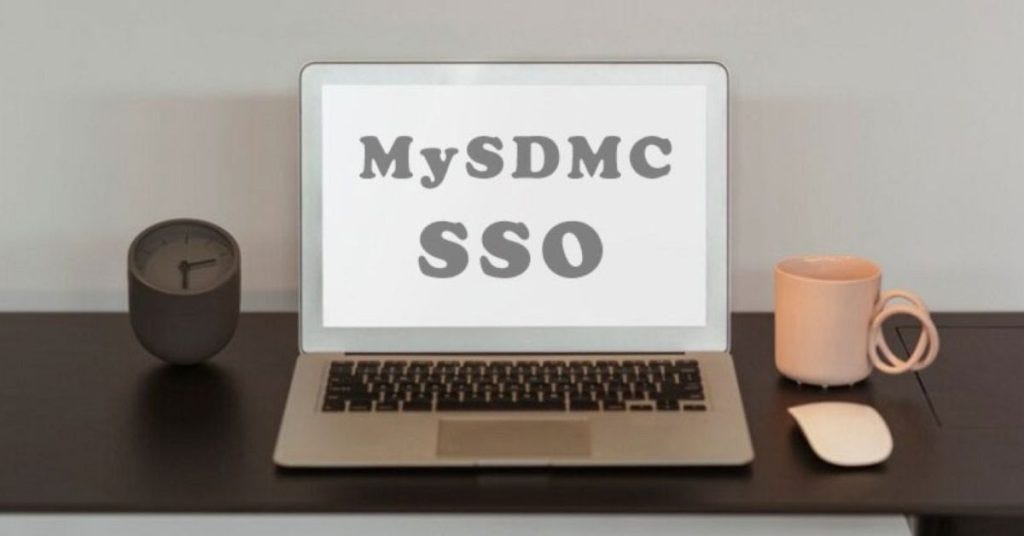The phrase “Utanmaz Türklere” has become a focal point in various contemporary discussions, reflecting a complex interplay of historical, cultural, and social narratives. In this article, we will explore the origins, meanings, and implications of this term, shedding light on its relevance in today’s world. This exploration will offer a comprehensive understanding of how “Utanmaz Türklere” impacts modern discourse and why it is crucial to examine it from multiple perspectives.
Understanding “Utanmaz Türklere”
The term “Utanmaz Türklere” can be translated as “Shameless Turks” and has various connotations depending on the context in which it is used. Understanding its meaning involves delving into the nuances of language, cultural identity, and the perceptions of those who use or hear the term. This phrase may carry different weights and implications in different regions and among different demographics, reflecting a complex interplay of historical grievances and contemporary stereotypes.
Historical Context of the Term
Historically, “Utanmaz Türklere” has roots in the turbulent periods of Ottoman and early Turkish Republic history. It often reflects historical conflicts, cultural clashes, and nationalistic sentiments. By examining historical documents, literature, and political rhetoric, we can trace how this term evolved and why it became embedded in certain narratives. Understanding this context is essential for grasping the deeper implications of the term in modern discourse.
Cultural Implications
Culturally, the phrase “Utanmaz Türklere” resonates with various stereotypes and biases that have been perpetuated over centuries. It can be a tool for reinforcing cultural divides or, conversely, a means of reclaiming identity and pride among those who feel marginalized. The cultural implications of this term are vast, influencing art, literature, and everyday conversations. It is crucial to explore how cultural narratives shape and are shaped by such terms.
Social Impact in Modern Society
In modern society, “Utanmaz Türklere” continues to influence social interactions and perceptions. It can perpetuate prejudice or serve as a catalyst for dialogue and understanding. Examining its social impact involves looking at case studies, surveys, and sociological research to understand how it affects community dynamics, individual relationships, and broader societal trends. This term’s social ramifications are profound, affecting both those who use it and those who are targeted by it.
Media Representation
The media plays a significant role in propagating and challenging the use of terms like “Utanmaz Türklere.” Analyzing media representation involves looking at news articles, television programs, films, and social media content to see how the term is portrayed and perceived. Media can either reinforce negative stereotypes or provide a platform for more nuanced and critical discussions. Understanding media representation is key to comprehending the broader impact of this term.
Political Significance
Politically, “Utanmaz Türklere” can be a powerful tool or weapon, depending on who wields it and for what purpose. Politicians and activists may use it to rally support, criticize opponents, or highlight social issues. The political significance of this term can be seen in campaign speeches, policy discussions, and international relations. Analyzing its political use provides insight into how language shapes and is shaped by power dynamics.
Public Perception
Public perception of “Utanmaz Türklere” varies widely, influenced by factors such as education, media exposure, and personal experiences. Surveys, interviews, and opinion polls can shed light on how different segments of the population view this term. Understanding public perception helps to identify the underlying attitudes and beliefs that drive the use of such terms and how they can be addressed or challenged in public discourse.
Comparative Analysis with Similar Terms
Comparing “Utanmaz Türklere” with similar terms used in other cultures or languages can provide a broader perspective on its impact and significance. This analysis can reveal common patterns in how societies use language to express prejudice, identity, and resistance. By looking at similar terms, we can gain insights into the universal aspects of human communication and the unique features of specific cultural contexts.
The Role of Education
Education plays a crucial role in shaping how terms like “Utanmaz Türklere” are understood and used. Educational programs and curricula that address historical context, cultural sensitivity, and critical thinking can help mitigate the negative impact of such terms. Exploring the role of education involves examining school programs, university courses, and public awareness campaigns that aim to foster a more inclusive and informed society.
Future Implications
Looking to the future, the implications of terms like “Utanmaz Türklere” will depend on ongoing social, political, and cultural developments. Will this term become a relic of the past, or will it continue to shape discourse in new ways? Understanding future implications involves considering current trends, potential changes in societal attitudes, and the impact of global interconnectedness on local narratives. This forward-looking perspective can help anticipate and address future challenges related to the use of such terms.
FAQs
Q1: What does “Utanmaz Türklere” mean? A1: “Utanmaz Türklere” translates to “Shameless Turks” and carries various connotations depending on the context, often reflecting historical and cultural narratives.
Q2: Why is it important to understand the historical context of “Utanmaz Türklere”? A2: Understanding the historical context helps to grasp the deeper implications of the term and how it evolved over time, influencing modern perceptions and discourse.
Q3: How does the term “Utanmaz Türklere” impact modern society? A3: The term can perpetuate prejudice or foster dialogue, affecting social interactions, community dynamics, and broader societal trends.
Q4: What role does media play in the representation of “Utanmaz Türklere”? A4: Media can either reinforce negative stereotypes or provide a platform for critical discussions, shaping public perception and discourse.
Q5: How is “Utanmaz Türklere” used in political contexts? A5: Politicians and activists may use the term to rally support, criticize opponents, or highlight social issues, reflecting its political significance.
Q6: How can education address the impact of terms like “Utanmaz Türklere”? A6: Educational programs that promote historical context, cultural sensitivity, and critical thinking can help mitigate the negative impact of such terms.
Q7: What are the cultural implications of “Utanmaz Türklere”? A7: The term influences art, literature, and everyday conversations, reflecting and shaping cultural narratives and identity.
Q8: How does public perception of “Utanmaz Türklere” vary? A8: Public perception varies based on factors like education, media exposure, and personal experiences, influencing how the term is viewed and used.
Q9: Can comparing “Utanmaz Türklere” with similar terms provide insights? A9: Yes, comparing it with similar terms used in other cultures can reveal common patterns in language use and unique cultural features.
Q10: What are the future implications of terms like “Utanmaz Türklere”? A10: Future implications depend on social, political, and cultural developments, and understanding current trends can help anticipate future challenges.
Conclusion
The exploration of “Utanmaz Türklere” in modern discourse highlights the importance of understanding the historical, cultural, and social contexts that shape its meaning and impact. This term, like many others, serves as a lens through which we can examine broader societal issues and dynamics. By fostering a deeper understanding and promoting critical discussions, we can work towards a more inclusive and informed society. Addressing the complexities of such terms requires ongoing efforts in education, media representation, and public dialogue. As we move forward, it is crucial to continue examining the language we use and its implications for our collective future.











